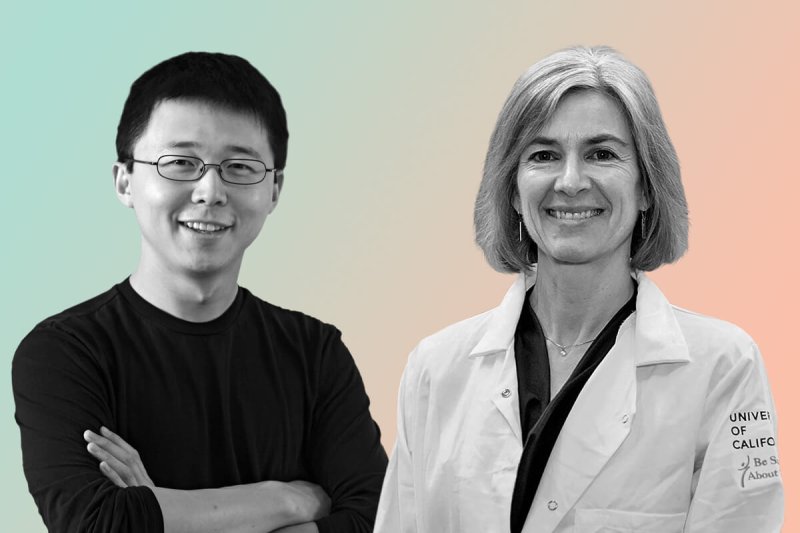Ending the latest chapter in a years-long legal battle over who invented CRISPR, the US Patent and Trademark Office ruled on [February 28] that the revolutionary genome editing technology belongs to the Broad Institute of Harvard and MIT.
The decision is a huge blow to the University of California and biotech companies that had licensed the technology from the university for use in developing treatments, including Intellia Therapeutics and CRISPR Therapeutics. They will now have to negotiate with the Broad Institute for the right to use CRISPR for human therapies.
In 2020, Jennifer Doudna of the University of California, Berkeley, and Emmanuelle Charpentier of the Max Planck Institute for Infection Biology were awarded the Nobel Prize in Chemistry for first describing how CRISPR could be used to edit DNA, which they showed in a paper published in Science on June 28, 2012.
But that paper was focused on gene-editing in a test tube. The issue in this case was determining which team was first to get CRISPR to work in eukaryotic cells — a crucial step to translating the technology into treatments for human disease. A Broad group led by Feng Zhang reported in a Jan. 3, 2013, paper in Science that it had successfully CRISPR’d both mouse and human cells.































